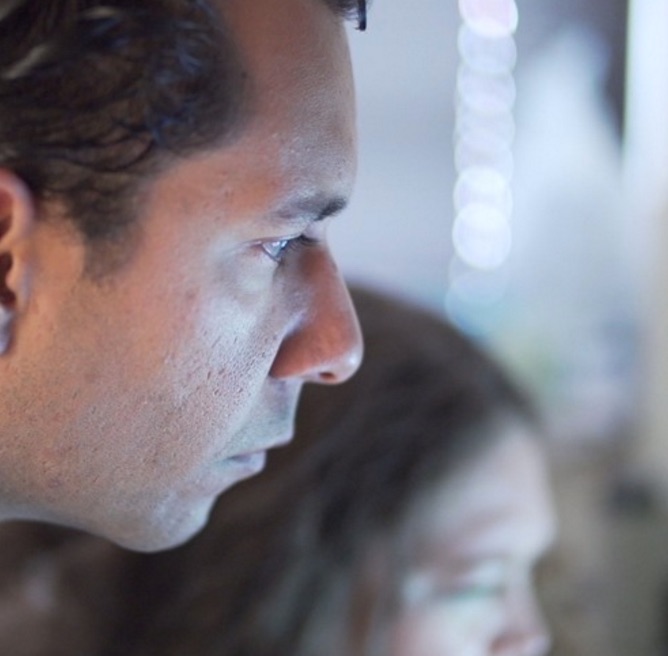Brain Research with the Abisambra Lab
In honor of Alzheimer’s & Brain Awareness Month, this podcast features Joe Abisambra, an assistant professor in the Sanders-Brown Center on Aging, and three of his lab trainees—Sarah Fontaine, Shelby Meier and Brittani Price.
Abisambra explained the importance of the Sanders-Brown Center on Aging: “This center has been a pivotal aspect of the University partly because we have Alzheimer’s Disease Center designation. There are about 30 other institutions in the country that have this designation, and we are one of the few that have had the designation from the beginning of the program in 1985 through today. We have to compete for this every five years.” The funding supports core facilities and one of the best brain banks in the world, he said.
Sarah Fontaine, a senior scientist in the Abisambra lab, said, “UK is phenomenal. It has all of the resources that you could possibly imagine from the Alzheimer’s Disease Center with the brain bank for patient samples, we can actually correlate what we’re seeing in a tube to what happened in a person. To the number of different cores, we’ve got access to top facilities, and the people that we have here are just world class.”
The lab’s main focus is tau. Abisambra said, “Tau is best known as a microtubule stabilizing protein, which is very important for neurons because it essentially forms the pillars onto which cargo is transported. And for some reason, tau falls off the microtubule and becomes pathological. It chokes the neuron. And this happens not only in Alzheimer’s, but in 20 other known diseases. So our goal is to understand these processes. How does tau become pathological?”
By 2050 if we don’t do anything to stop Alzheimer’s disease we’re going to end up spending 1.2 trillion dollars—one third of the federal budget—just on Alzheimer’s treatment, Abisambra said, “so we hope that by identifying novel therapeutic targets and being able to intervene to stop the process, we might be able to improve the quality of life of these people, have a social impact, have a health impact, and an impact on the economy.”
